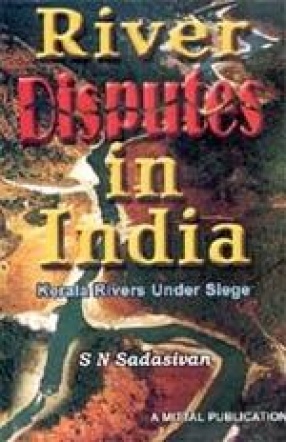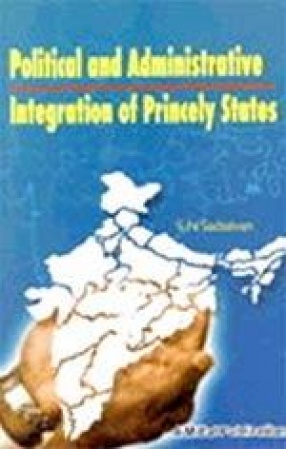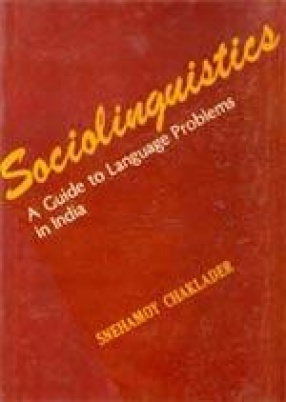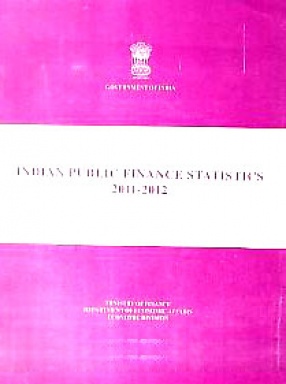River Disputes in India, is a precursive study of the water resources which have become a subject of controversy. As paramount power, the British had pressurized the ruler of the native state of Travancore over a period of twenty years to part with the perennial waters of one of its entirely in-state rivers for satisfying the water requirements of the neighbouring territories which they directly governed. The riparian laws which still are in their infancy, during the time of the British, were largely of their own making to subserve the interest of their provinces. Even after independence, the Central Government, induced by political consideration, followed the British in dealing with the river waters, instead of adopting an independent course indispensable for maintaining strict impartiality and canons of justice between disputing riparian states and to make a clear distinction between in state and inter state rivers. The study places due emphasis on the development of riparian laws clearly defining the position of in state and inter state rivers. Most riverine agreements are unequal, designed to promote the interest of the strong. Rivers flow in obedience to the laws of nature and to play their roles as assigned by nature. Rivers create civilization and sustain its growth and durability. Obviously interfering with their courses, has far reaching adverse consequences which may become manifest not immediately but after a considerable period of time when it will be too late to find out remedial measures for them. It is the persisteing fallacy that the rivers waste their wasters into the sea that has led to the unscientific and arbitrary interference with them by human agencies solely motivated by their self-interest. The study goes into all these questions in needed detail so as these questions in needed detail so as to find appropriate and valid answers to them.
Political and Administrative Integration of Princely States
This book is a pioneering ...
$18.00
$20.00






There are no reviews yet.